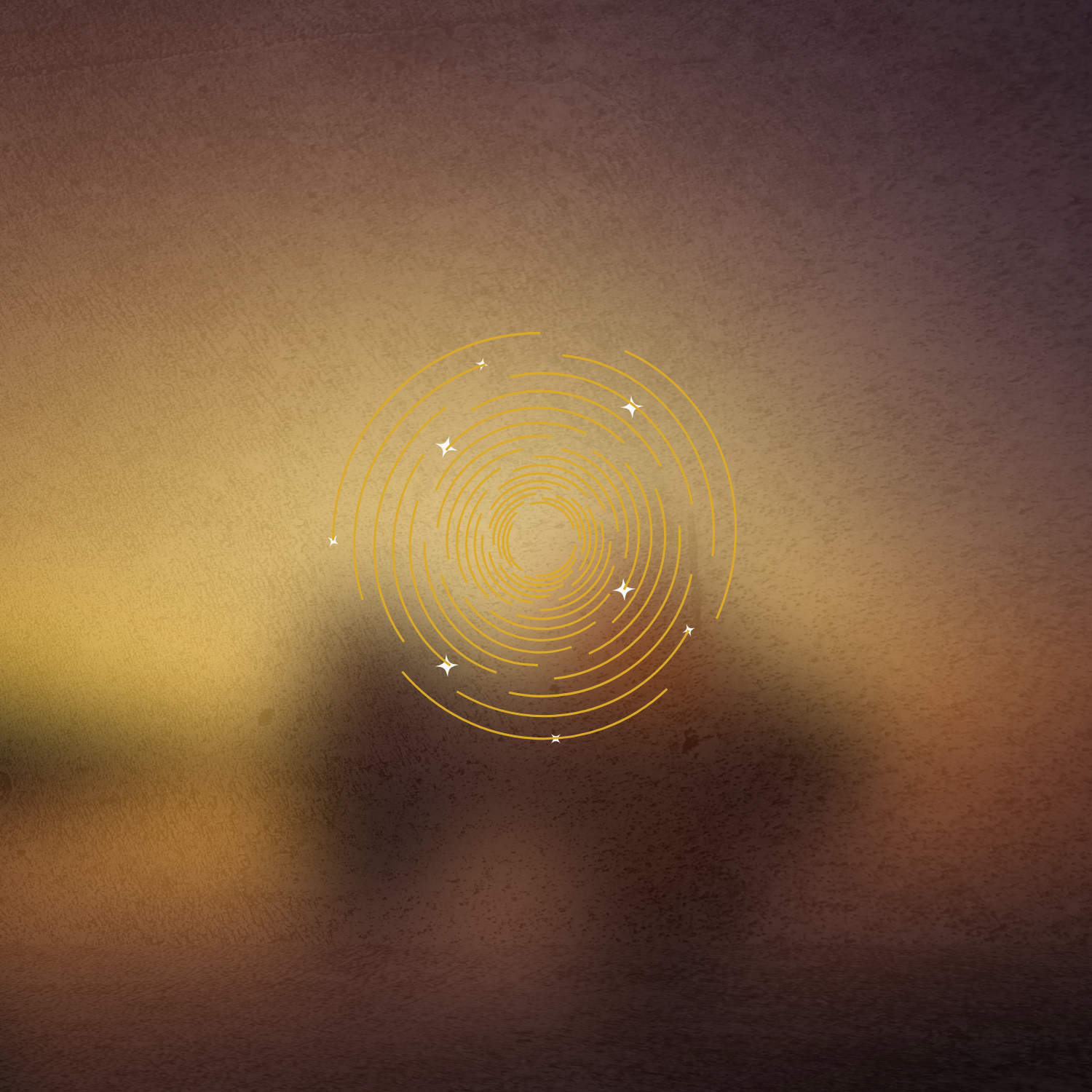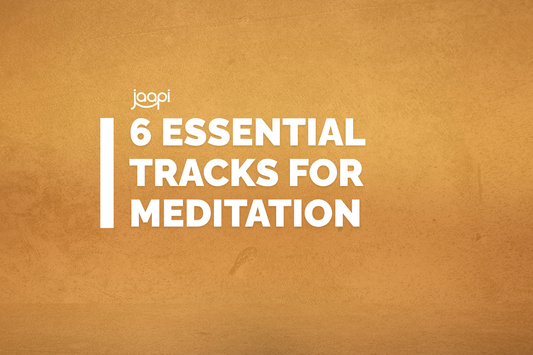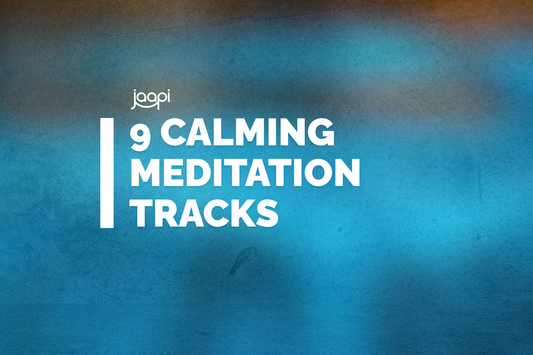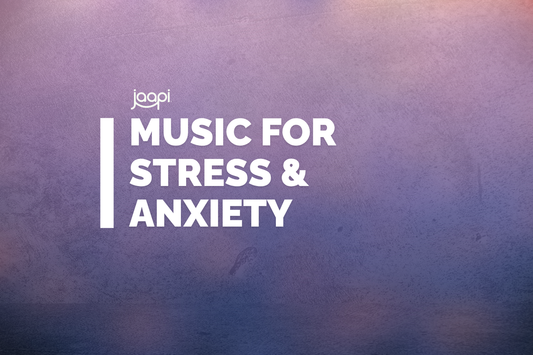What Noise Is Best for Sleep? Science-Backed Sleep Sound Guide
Pink noise, brown noise, and gentle nature sounds are top choices for sleep—these help promote deep relaxation by soothing brain activity and masking disruptions in your environment.
Affiliate Disclosure: As an Amazon Associate, we earn from qualifying purchases. We only recommend external tools that complement your practice.
The Science-Backed Benefits of Sleep Sounds
- Pink noise: This subtle, low-frequency sound—think soft rainfall or gentle wind—helps synchronize brain activity to deeper sleep states. Studies show pink noise can help you both fall asleep faster and stay deeply asleep through the night.
- Brown noise: With a deeper, richer tone similar to ocean waves or distant thunder, brown noise offers excellent relaxation for people sensitive to sharp, high-pitched frequencies. Research suggests brown noise is especially soothing for reducing anxiety and supporting sounder sleep.
- White noise: Popular for blocking disruptive sounds like traffic or roommates, true white noise is a consistent "hiss" (like an air conditioner or fan). According to Harvard Health, it's most useful for people who need to mask environmental disturbances.
- Nature sounds: Many find that listening to ocean waves, rain, or streams signals the brain to unwind and reduce stress hormones, setting the stage for deep rest. High-quality nature sounds can be played through quality headphones or a dedicated white noise machine for consistent nighttime use.
- Sleep frequencies and tones: Binaural beats and healing frequencies (like 528 Hz or gentle theta/delta tones) support deeper restorative rest by slowing brainwaves. Explore our complete healing frequency guide to learn more about therapeutic sound applications.
Get instant access to our pink, brown, and white noise pack—perfect for deep sleep and relaxation projects.
Or try our free library:
Sample free sleep music downloads including royalty free nature sounds for personal or professional use.
Tips for Building Your Sleep Soundscape
- Experiment with pink, brown, or nature sounds until you find one that fits your sleep style. A comfortable sleep mask paired with sleep sounds can deepen your rest by blocking visual distractions.
- Keep sound volume low and gentle—the sweet spot is just loud enough to mask background noise but never so high it disturbs rest.
- Use playlists, apps, or simple sound machines for nighttime consistency. For extended sessions, consider a weighted blanket to enhance deep pressure therapy alongside sound healing.
- Refresh your routine every few weeks—a new sound or tone can help overcome adaptation and boost results.
- Pair sleep sounds with a calming evening routine, including dim lights, gentle stretching, or breathwork for best results. See our calming meditation music guide for more sleep optimization strategies.
There's no absolute "best" noise for everyone. The right sound is the one that offers the greatest sense of peace and comfort for you, night after night—your perfect sleep soundscape might shift over time as your needs evolve.









